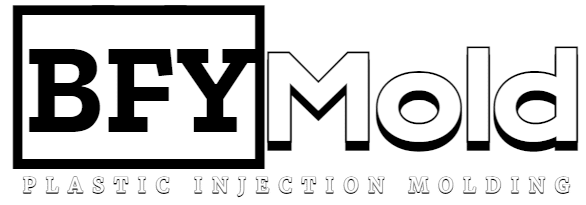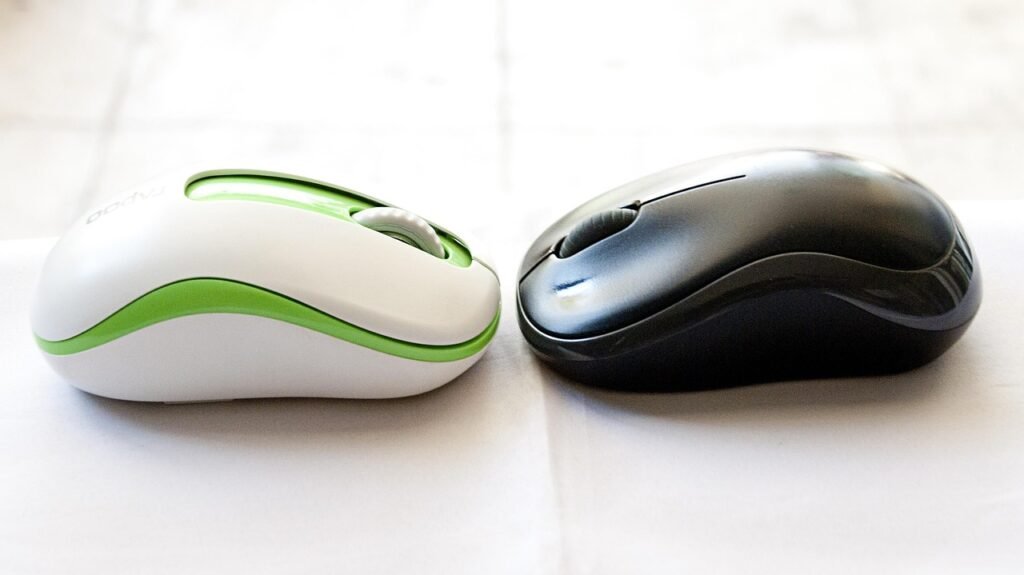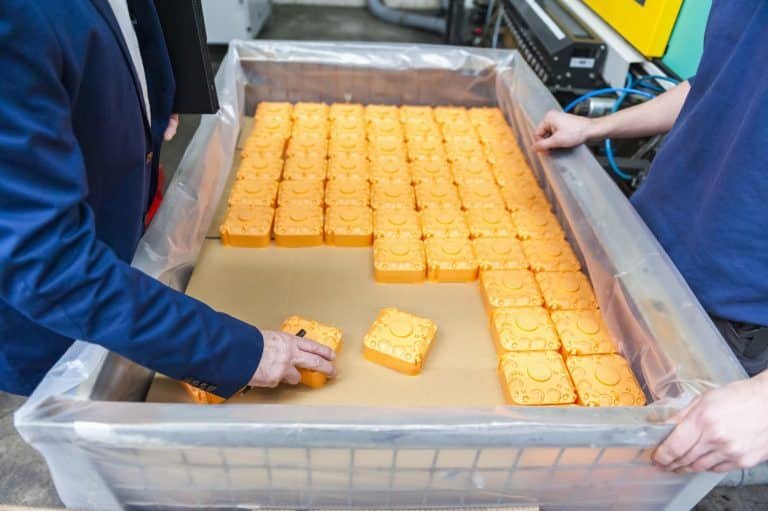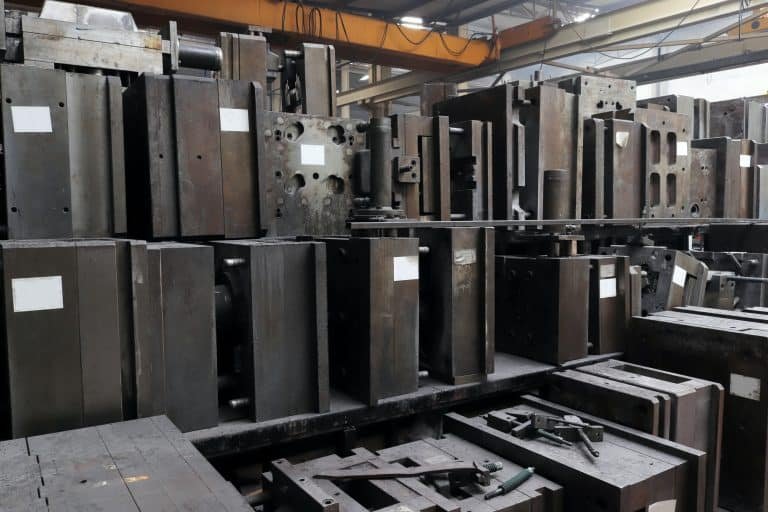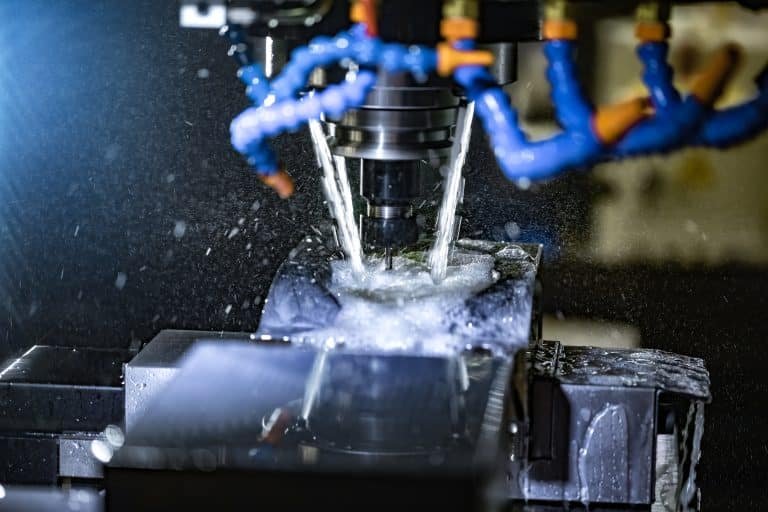The cost of CNC machining can vary widely depending on several factors, including the complexity of the part, material type, machining time, and quantity required. Here’s a breakdown of the key cost factors involved in CNC machining:
CNC Machining Cost
1. Material Costs
- Common Metals: The cost of materials like aluminum, steel, and stainless steel varies depending on the grade and market price. For example:
- Aluminum: $5 to $20 per kg depending on the grade (6061, 7075, etc.).
- Mild Steel: $1 to $5 per kg.
- Stainless Steel: $15 to $50 per kg depending on the grade (304, 316, etc.).
- Specialty Metals: Titanium, Inconel, and other exotic metals are more expensive, ranging from $30 to $100 per kg or more.
- Plastics: Plastics such as ABS, POM (Delrin), and nylon are cheaper, typically costing between $2 to $5 per kg. High-performance plastics like PEEK can cost $50 to $150 per kg.
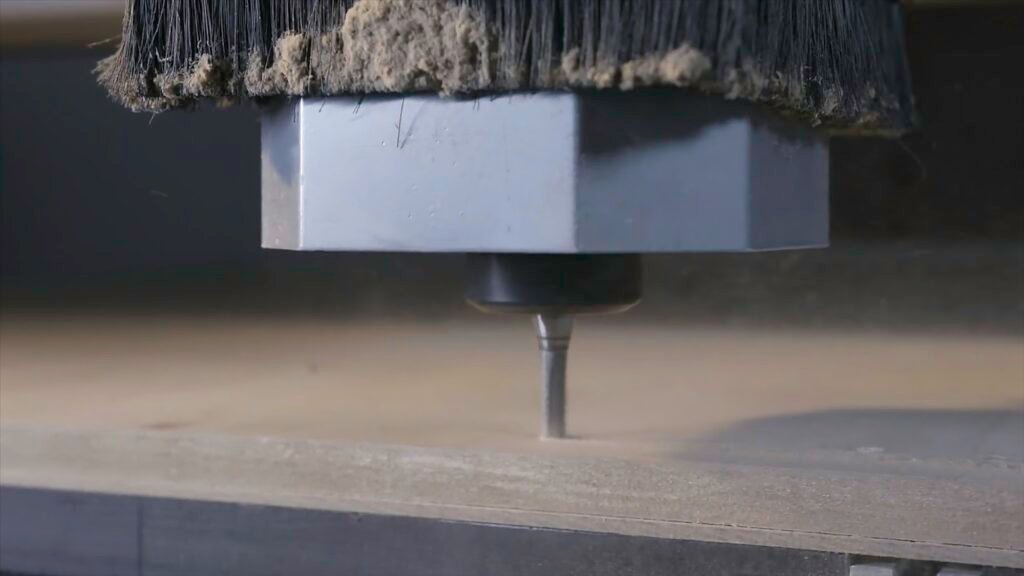
2. Machining Time
- The primary cost driver for CNC machining is machine time. CNC machines are billed on an hourly rate, which varies depending on the type and complexity of the machine:
- 3-Axis Machines: $40 to $75 per hour.
- 5-Axis Machines: $75 to $150 per hour.
- Complex parts that require more intricate operations or tighter tolerances will increase the machining time, thus raising the overall cost.
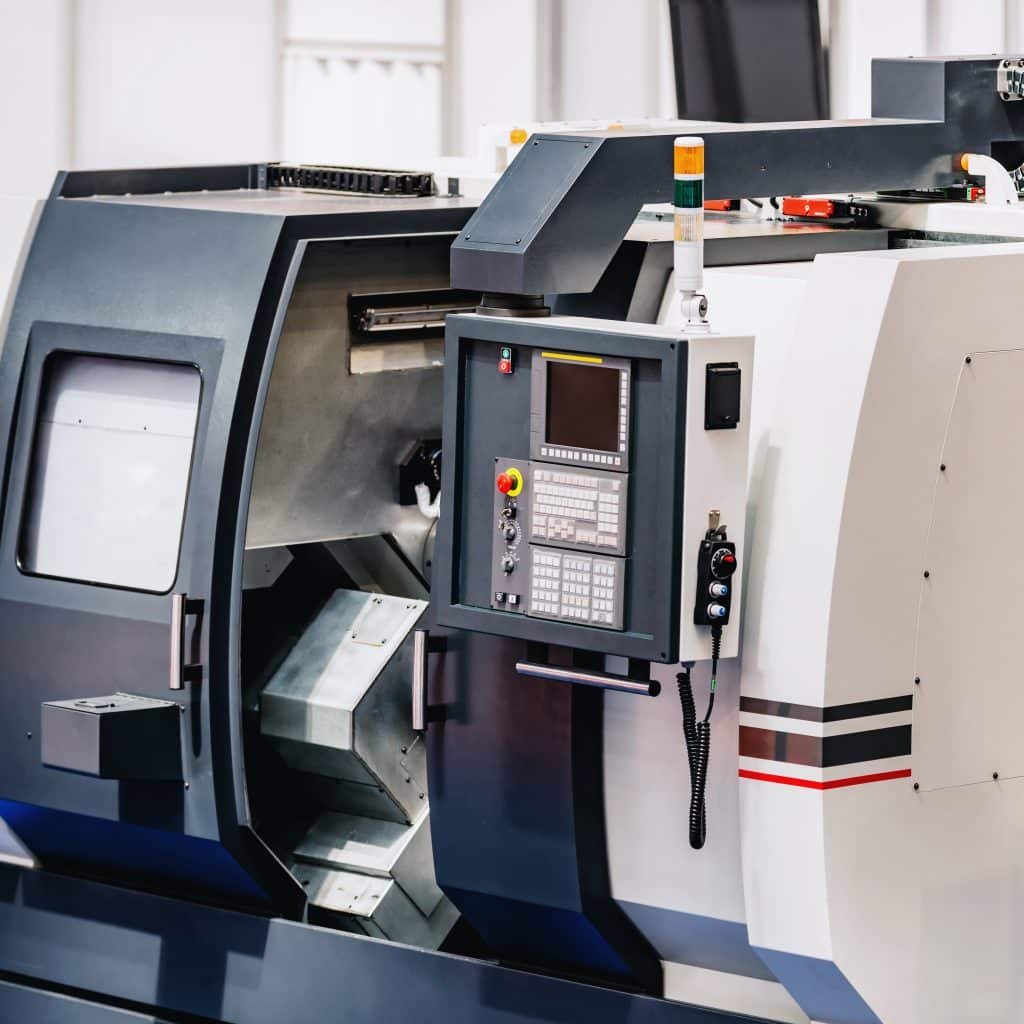
3. Labor Costs
- Labor costs for CNC machining include the setup time and the time required to program the machine, ranging from $30 to $80 per hour depending on the expertise needed and the location. Highly skilled machinists and programmers command higher rates, especially in regions with higher labor costs.
4. Setup Costs
- Setup costs are typically a one-time fee associated with preparing the CNC machine for a specific job, which includes programming and tooling. Depending on the complexity of the part and the number of operations required, these costs can range from $100 to $500 or more.
5. Tooling Costs
- CNC machining requires specialized tools like drills, end mills, and taps. While the cost of individual tools might not be high (typically $10 to $100 per tool), the total cost can add up for complex parts that require multiple tools. Some high-end or custom tools can cost several hundred dollars.
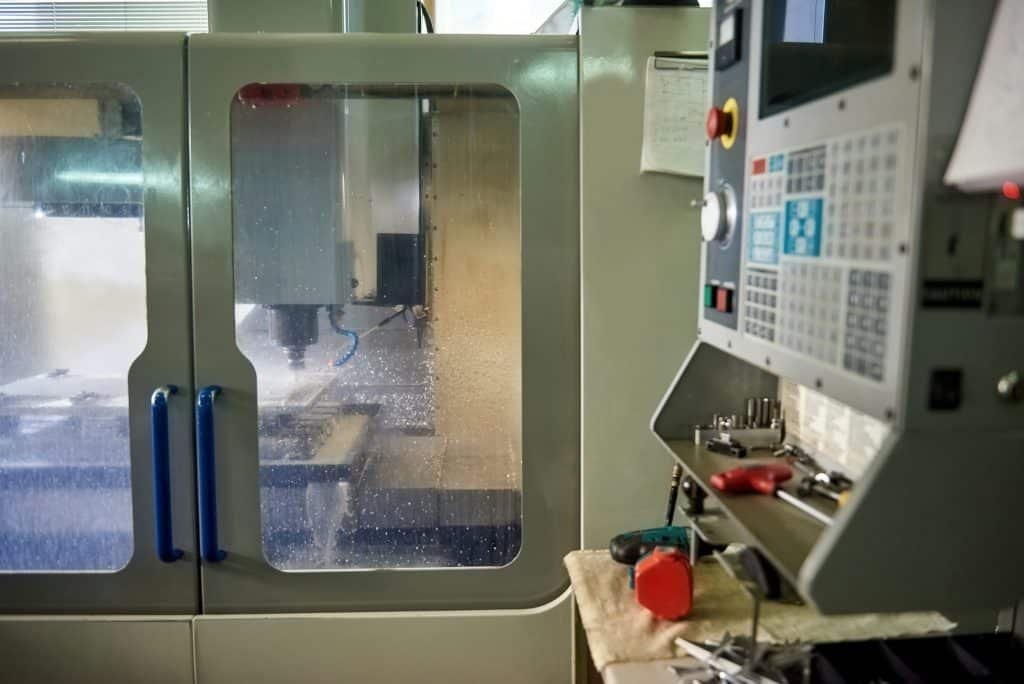
6. Volume of Production
- The cost per part decreases with higher volumes due to the amortization of setup costs and machine time over a larger number of parts. For low-volume production (1-100 parts), the cost per part may range from $10 to $100 or more. For high-volume production (1,000 parts or more), the cost per part can drop significantly, sometimes to $1 to $10 per part.
7. Part Complexity and Design
- Parts with complex geometries, tight tolerances, or those requiring multiple setups will cost more. Features such as internal cavities, undercuts, and fine details add to the machining time and complexity, thereby increasing the cost.
8. Post-Processing Costs
- Additional operations like heat treatment, anodizing, plating, painting, or polishing can add costs ranging from a few cents to several dollars per part, depending on the specific requirements.
9. Inspection and Quality Control
- Parts that require extensive quality control or inspection (e.g., aerospace or medical applications) will have additional costs associated with these services. Advanced inspection techniques like the Coordinate Measuring Machine (CMM) can add $50 to $200 per hour.
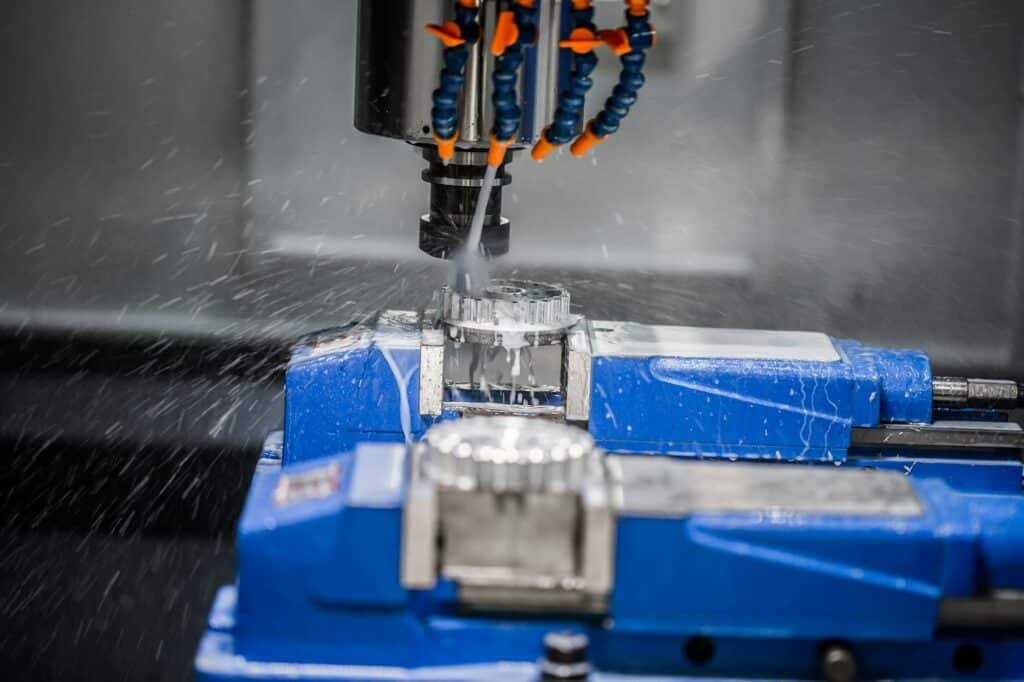
Overall Cost Estimation
- Simple Part: A basic part with a simple design and common material (e.g., aluminum) might cost $10 to $50 for a small production run.
- Moderate Complexity Part: Parts with moderate complexity, requiring multiple setups or more expensive materials (e.g., stainless steel), might cost $50 to $200 per part for a small run.
- Complex Part: Highly complex parts requiring multiple axes, specialty materials (e.g., titanium), and tight tolerances can cost $200 to $1,000 or more per part, especially for small quantities.
Here’s A Summary of CNC Machining Costs:
| Cost Factor | Details | Estimated Cost Range |
| Material Costs | – Common Metals (Aluminum, Steel, Stainless Steel) | $1 to $50 per kg |
| – Specialty Metals (Titanium, Inconel) | $30 to $100 per kg | |
| – Plastics (ABS, POM, Nylon) | $2 to $5 per kg | |
| – High-Performance Plastics (PEEK) | $50 to $150 per kg | |
| Machining Time | – 3-Axis Machines | $40 to $75 per hour |
| – 5-Axis Machines | $75 to $150 per hour | |
| Labor Costs | – CNC Machine Setup and Programming | $30 to $80 per hour |
| Setup Costs | – One-time fee for preparing machine for a specific job | $100 to $500 or more |
| Tooling Costs | – Cost of specialized tools (e.g., drills, end mills) | $10 to $100 per tool |
| – High-end or custom tools | Up to several hundred dollars per tool | |
| Volume of Production | – Low-volume production (1-100 parts) | $10 to $100+ per part |
| – High-volume production (1,000+ parts) | $1 to $10 per part | |
| Part Complexity and Design | – Complex geometries, tight tolerances, multiple setups | $50 to $200+ per part |
| – Highly complex parts (specialty materials, tight tolerances) | $200 to $1,000+ per part | |
| Post-Processing Costs | – Additional operations (e.g., heat treatment, anodizing) | A few cents to several dollars per part |
| Inspection and Quality Control | – Advanced inspection techniques (e.g., CMM) | $50 to $200 per hour |
For a precise quote, it’s best to consult directly with a CNC machining service provider. They can provide a detailed breakdown based on the specific requirements of your project, including the material, design, and quantity.
CNC Machining Cost: Top 10 FAQs for Supplier Selection & Budget Optimization
1. What factors most significantly impact CNC machining costs?
Key factors include material type (e.g., aluminum vs. titanium), part complexity (tight tolerances ±0.01mm), machine time (50–150/hour), batch size, and surface finishes (e.g., anodizing adds 10–30/part).
2. How do material choices affect CNC machining expenses?
- Aluminum 6061: 20–40/hour (lowest cost).
- Stainless Steel 304: 60–100/hour.
- Titanium: 120–200/hour (high tool wear).
Exotic materials like PEEK or Inconel can double the costs.
3. What is the average cost per hour for CNC machining services?
- 3-axis machines: 50–80/hour.
- 5-axis machines: 100–150/hour.
- Swiss machining: 120–200/hour (precision small parts).
4. How can I reduce CNC machining costs without sacrificing quality?
- Simplify designs: Eliminate undercuts, reduce tight tolerances.
- Batch production: Combine parts to maximize raw material use.
- Standardize materials: Avoid exotic alloys unless necessary.
5. Are there hidden costs in CNC machining quotes?
Yes. Watch for:
- Setup fees: 100–500 per job.
- Tooling changes: 20–50 per tool swap.
- Post-processing: Polishing, heat treatment, or coatings add 15–30%.
6. How does part complexity influence CNC machining pricing?
Complexity increases costs due to:
- Longer programming time: 100–300 for intricate CAD/CAM work.
- Specialized tooling: Micro-tools or custom fixtures add 50–200.
- Scrap rates: ±5–10% for highly complex geometries.
7. What are the cost differences between prototyping and mass production?
| Factor | Prototyping (1–10 units) | Mass Production (1,000+ units) |
| Cost per unit | 150–500 | 20–100 |
| Lead time | 1–3 days | 2–6 weeks |
| Tooling | Minimal | Dedicated fixtures (1k–5k) |
8. How do I evaluate if a CNC supplier’s quote is competitive?
- Compare price per part across 3–5 suppliers.
- Check certifications (ISO 9001, AS9100).
- Request DFM (Design for Manufacturing) feedback to identify cost-saving opportunities.
9. Can CNC machining costs vary by region?
Yes. Regional averages:
- North America: 80–150/hour.
- Europe: €70–€130/hour.
- Asia: 30–30–80/hour (lower labor costs but longer lead times).
10. What future trends could lower CNC machining costs?
- AI-driven optimization: Reduces programming time by 30%.
- Additive hybrid manufacturing: Combines 3D printing with CNC for material savings.
- Automated tool changers: Cut labor costs by 20%.
